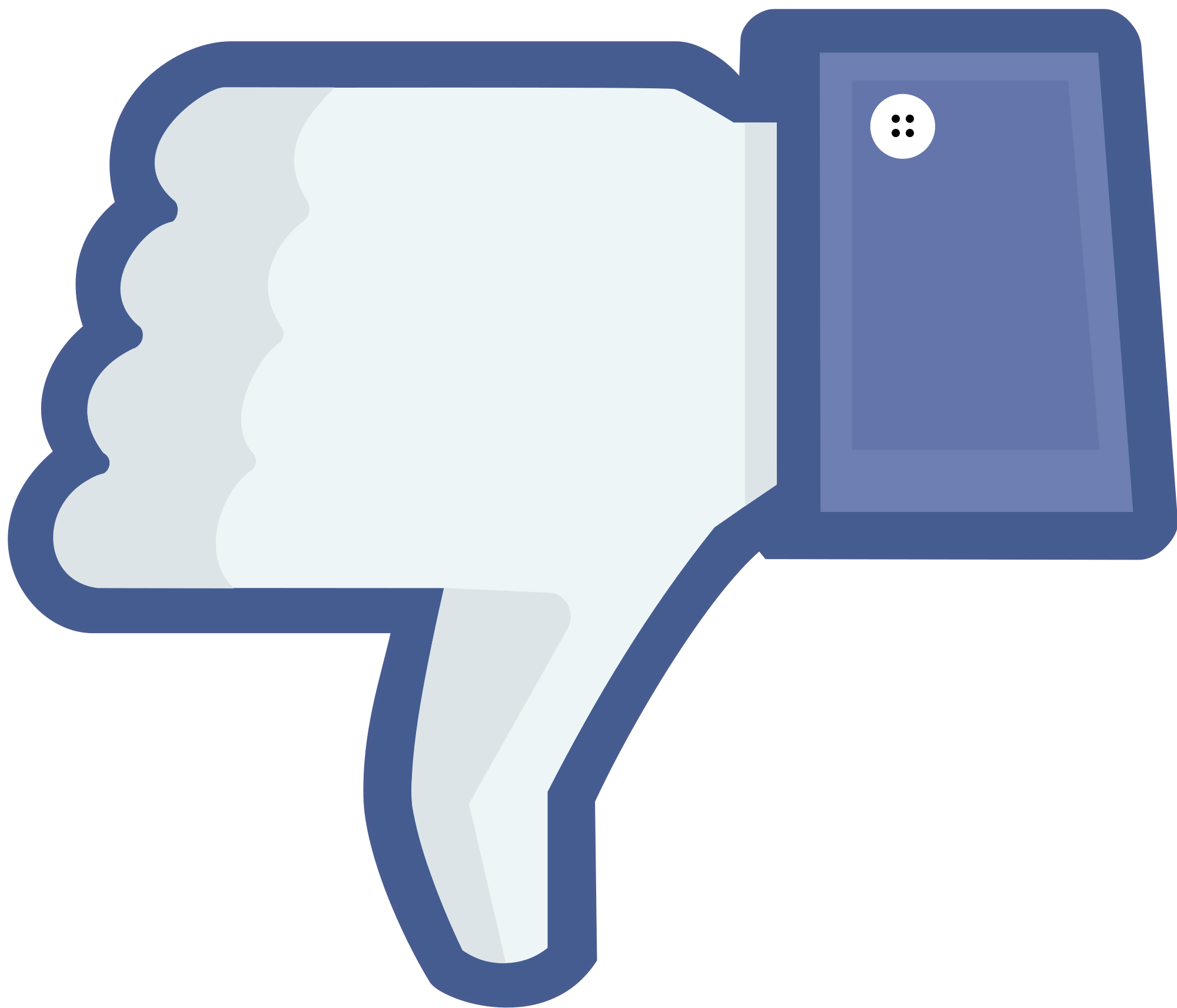James Shaw | Senior Staff Writer
Founded in 2004, within approximately 3 years Facebook was a global phenomenon, an innovative social network which would change the way we live thereafter. It provided, and still does, access to our friends’ lives, allowing us to connect and interact with each other – all for free. For businesses, it allowed them to interact directly with their customer bases more directly, creating a range of new marketing potential. However, Facebook, as a for-profit corporation providing a free service, has had to capitalise on its revenue streams in order to make a profit. This has partly come by way of selling users’ data to firms, allowing them to advertise more directly (by assessing factors such as which pages a user has liked) in the form of sponsored stories appearing on users’ newsfeeds.
It provided, and still does, access to our friends’ lives, allowing us to connect and interact with each other – all for free.
This practice, though legal, has been criticised as intrusive. Indeed, many users seem to be growing increasingly unsatisfied with the service Facebook provides. This is evidenced by a report from Frank N. Magid and Associates in December, which surveyed teens aged 13-17 and found that 88 per cent of those surveyed used Facebook, a drop from 95 per cent in 2012. While the usage rate is still high, it’s a worrying trend for Facebook and points to a feeling of inertia among its users as its novelty fades, or even distrust of the site in the wake of privacy concerns. Either way, the findings indicate a gradual reduction in usage of the website.
Consider the core services provided by Facebook: the ability to post status updates, upload pictures, instant messaging and connecting with friends and relatives. Status updates, to a large extent, have been replaced by Twitter, which specialises in personal updates. At least in my experience, my Facebook newsfeed used to be dominated by status updates, whereas now they are a noticable rarity. Instead the feed is replete with ‘clickbait’ published by pages I’ve liked, mixed in with news articles and other content generated by pages, rather than friends’ updates. To a certain degree the photo function remains popular, though it is in contrast with the growth of picture-specific platforms, most notably Instagram. Instant messaging again remains a common usage of Facebook, but WhatsApp is used more extensively in my social circle. Facebook is more often used for those contacts whose numbers you don’t have, making it slightly more impersonal than WhatsApp and therefore less frequently used. Connectivity remains an attractive feature of Facebook but this feature too is provided by Skype, which allows you to connect to those who you really wish to, as opposed to that stranger you once met on holidays but haven’t bothered unfriending.
The trend is clear: the services which Facebook collectively provides have met competition in the face of services which specialise in each particular function. Indeed Facebook have felt this competition and have acquired two of its biggest competitors, Instagram and WhatsApp, purchased for $1 billion and $19 billion respectively. Furthermore, Skype video-messaging has been incorporated as an option on Facebook’s instant messaging service. The purchasing of rival platforms could be seen as monopolistic, although Twitter remains a major independent competitor, among others. Nonetheless the purchasing of competitors in this manner seems to be a defensive move to protect the company’s overall market share, after including its subsidiaries.
The trend is clear: the services which Facebook collectively provides have met competition in the face of services which specialise in each particular function.
A 2013 study in the journal CyberPsychology, Behavior, and Social Networking found that users are increasingly growing discontented with Facebook and the service it provides, leading to them eventually retire their accounts. One must wonder if this is an inevitable trend, as the exclusivity of Facebook wears off and it faces competition from other platforms and networks. Users are left with a newsfeed full of page-generated content, the best of which being news, which is readily available on apps and websites. As Facebook this month compelled users to download its messaging app to continue to use that function, very little ‘exclusive to Facebook’ content is left on the traditional app. In light of this, it seems that while Facebook has changed our lives forever, it may not remain in our lives for quite that long.







